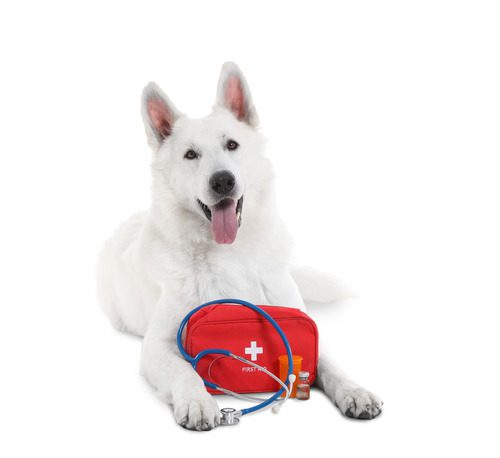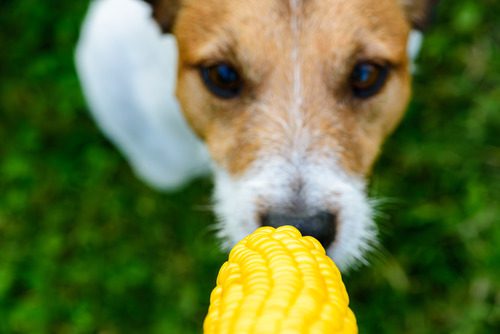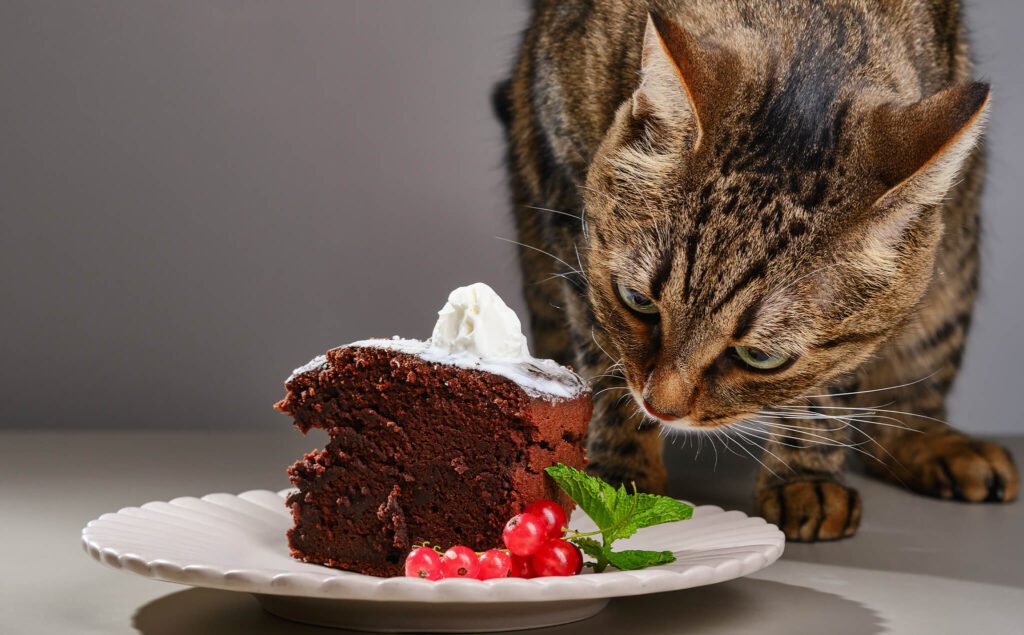Why is Chocolate Bad for Dogs?
As a pet owner, you’re probably already well aware that chocolate is dangerous for your dog. But even though most pet owners realize this, it can still sometimes be a little confusing to figure out why.
In the article below, we’ll walk you through everything you need to know about why chocolate is bad for dogs. We’ll go over the severe issues chocolate can cause, but we’ll also touch on some of the lesser—but still important—risks associated with giving your dog chocolate, too. With the help of this information, you can better understand why you should keep chocolate away from your pet.

Theobromine and Caffeine are very Dangerous to Dogs
These substances, which are both found in chocolate, are stimulants. Dogs cannot process them the way humans can, so these substances may quickly cause a dog to have a high heart rate and extreme hyperactivity.
If the dog has consumed too much chocolate in Highland, IN, these substances may lead to seizures, coma, or death, as the dog’s body is unable to compensate for the stimulants ingested.
Some Kinds of Chocolate are Much Worse for Dogs than Others
Depending on the type of chocolate in question, it may be more or less dangerous for your dog. Here is a quick rundown of the different types of chocolate and how they pertain to dogs:
- White chocolate: This type does not contain much theobromine or caffeine and won’t harm a dog if ingested in small amounts.
- Milk chocolate: This type contains some theobromine and caffeine. It may be harmful to small dogs, but big dogs will be okay if they eat only a little.
- Dark chocolate: This type contains the most theobromine and caffeine and is dangerous to all dogs.
In the end, it is best to avoid giving your dog chocolate in Westville, IN. However, if she accidentally consumes white chocolate or some types of milk chocolate, she will likely make a full recovery.
Chocolate is High in Sugar and Fat
Chocolate contains a lot of sugar. Sugar is not good for dogs, and there’s no need to give them foods that contain high levels of sugar. Although a little bit of sugar now and then probably won’t hurt anything, the levels of sugar found in chocolate are quite high and can be damaging, especially over time. Consuming too much sugar may cause a dog to develop diabetes, which will require the help of a veterinarian and regular insulin to maintain throughout the rest of the dog’s life. Sugar can also lead to obesity, which may cause a variety of other health issues.
Chocolate is also high in fat. Like humans, dogs do need a little bit of fat in their diets. However, also like humans, it is possible for dogs to overeat and consume too much fat, which can lead to a lot of health problems. Too much fat in a dog’s diet can lead to obesity, which can also lead to diabetes. Additionally, some dogs have a lot of difficulty digesting overly fatty foods, which can cause them to develop acute pancreatitis. This condition can be potentially fatal and always requires vet assistance.
Chocolate May Contain Xylitol
Xylitol is an artificial sweetener that is found in many kinds of chocolate. Although no artificial sweetener is good for dogs, xylitol is particularly harmful. When ingested even in small quantities, it is absorbed by the dog’s body very quickly and causes insulin to be released very quickly and in large amounts. As a result, the dog’s blood sugar drops to dangerous levels suddenly and can lead to death in a short amount of time, especially if it is not quickly treated.
Not all chocolate contains xylitol, and there are many types that don’t. However, this is one of the many risks associated with giving chocolate to dogs in Mishawaka, IN. If your dog has accidentally eaten some chocolate, check the label carefully for any sign that it might have contained xylitol. There are many other terms for xylitol that may occur on labels, including:
- Anhydro-d-xylitol
- Anydroxylitol
- Zylatol
- Xylite
- Xylitylglucoside
- Birch bark extract
- Birch sugar
Learn how to recognize these terms on labels so you can better understand what your dog might have eaten and whether or not she is at risk of xylitol poisoning.
Avoid Sharing Chocolate with Dogs
As you can see, there are many serious risk factors associated with giving chocolate to your dog. You should avoid giving your dog chocolate of any kind and should do what you can to prevent her from accessing any chocolate in your household, too.
If your dog does accidentally ingest chocolate, call Emergency Veterinary Care Centers in Highland, Westville or Mishawaka, IN to ask what to do. Be ready to provide information about the type and quantity of chocolate consumed and we will give you further advice from there.
Recent Posts
Lyme Disease in Dogs: A Complete Guide for Pet Owners
Lyme Disease in Dogs: A Complete Guide for Pet Owners Discovering that your dog may be at…
Parvo in Dogs: What it is, Symptoms and How to Protect Your Pet
Parvo in Dogs: What it is, Symptoms and How to Protect Your Pet Parvovirus in dogs, commonly…
6 Common Pet Emergencies in Westville, IN
6 Common Pet Emergencies in Westville, IN When your pet faces an emergency, knowing what to expect…
My Dog Ate a Corn Cob, What Should I Do?
My Dog Ate a Corn Cob, What Should I Do? Discovering your dog has eaten a corn…
What To Know about Chocolate Poisoning in Cats and How to Protect Them
What To Know about Chocolate Poisoning in Cats and How to Protect Them Chocolate is a treat…






